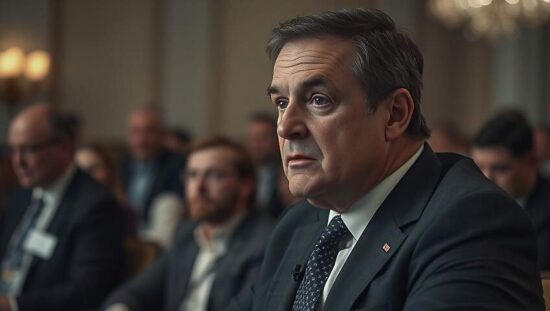Leading economist Holger Schmieding, chief economist at Berenberg Bank, has issued a stark warning regarding the potential consequences of increasing political alignment with the Alternative für Deutschland (AfD) party and its impact on Germany’s economic standing. In an interview with “Handelsblatt”, Schmieding cautioned that a closer association with the AfD risks further damaging Germany’s reputation as an attractive investment location.
Schmieding drew a concerning parallel to Hungary, where Prime Minister Viktor Orbán’s government has been accused of eroding the rule of law. He argued that Hungary’s experience serves as a cautionary tale: “Right-wing populists, by undermining legal certainty, can actively curtail a nation’s growth potential”. Such a trajectory, he warned, would be detrimental to Germany’s long-term economic health.
Beyond domestic legal issues, Schmieding expressed deep reservations about the AfD’s proposed shifts in European policy, calling them “fatal”. He highlighted the already considerable headwinds facing Germany’s industry from the United States and China and argued that restricting access to key European markets would prove catastrophic for many businesses, including the country’s vital family-owned enterprises.
The economist also scrutinized the AfD’s proposed solutions to Germany’s critical shortage of skilled workers, which prioritize individuals with German citizenship. He firmly rejected this approach, asserting that the German economy simply cannot function without the contributions of foreign skilled labor. “The potential of the native workforce is already better exploited than in almost all other European countries” Schmieding stated. He further challenged AfD supporters, particularly in more rural areas, to consider the long-term implications for elder care, noting that young people frequently relocate to larger, more liberal cities. “Without foreign caregivers, it’s simply not viable.
Finally, Schmieding strongly dismissed the AfD’s calls for an end to Germany’s energy transition and a return to nuclear power. While acknowledging past missteps and the necessity for adjustments within energy policy, he cautioned that a complete reversal could result in a substantial waste of already substantial investments in climate protection and renewable energy sources, rendering them costly failures.





